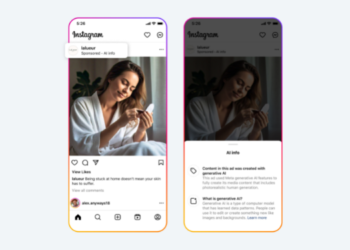In a recent development, a cohort of esteemed writers, including Michael Chabon and David Henry Hwang, has instigated legal action against OpenAI. As per Reuters’ disclosure, the contention revolves around the alleged unauthorized utilization of their copyrighted materials to bolster the training of OpenAI’s ChatGPT chatbot.
The lawsuit, aiming for class-action stature, underscores that ChatGPT’s prowess in condensing and examining authors’ works can only stem from the direct training on those respective materials. Consequently, the generated outputs by the model are labeled as “derivative” content, which directly contravenes their copyrights.
OpenAI, as per the allegations, has knowingly breached copyright protocols, being aware that the datasets deployed for training GPT models encompass copyrighted contents. Moreover, the company’s actions purportedly flout the stipulated terms of use.
Highlighting the escalating concerns, Chabon, acclaimed for “The Amazing Adventures of Kavalier & Clay,” has rallied with over 10,000 authors penning an open plea. The intent? To mandate tech behemoths like OpenAI, Google, and Meta to explicitly seek consent, duly credit, and aptly remunerate authors when utilizing their works for AI model training.
This isn’t an isolated incident targeting OpenAI. Earlier stances have seen luminaries like Sarah Silverman, Christopher Golden, and Richard Kadrey accusing OpenAI and Meta of similar copyright infringements. June witnessed authors Paul Tremblay and Mona Awad echoing analogous concerns.
The current lawsuit also beseeches the judiciary to impede OpenAI from further “unlawful and unfair business practices,” while also seeking reparation for the copyright infractions and ensuing penalties. As of now, OpenAI remains silent, not offering an immediate response to The Verge’s comment request.
This burgeoning legal quagmire underscores the intricate intersection of AI development and copyright norms. As AI continues to permeate our lives, clear regulatory frameworks, and open dialogues between tech companies and content creators are imperative to ensure harmony and progress.




















































